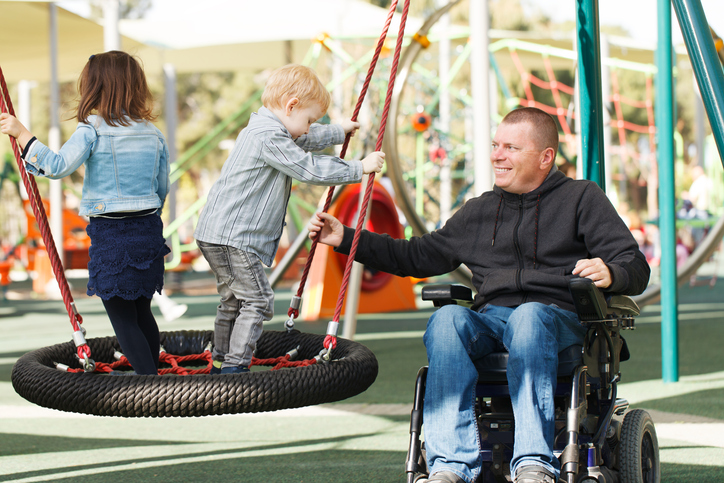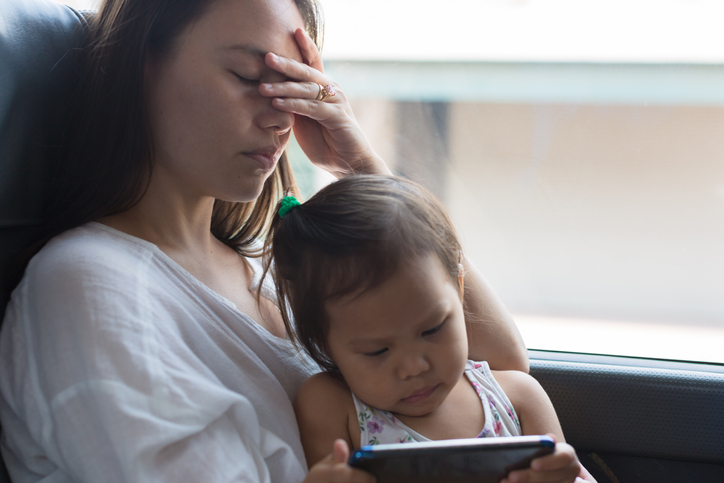Living with Chronic Pain
Helping Children With Chronic Pain Cope With the Fear of Missing Out (FOMO)

Chronic pain can make it difficult for children to have the same life experiences as their peers. It can also reduce the ability to participate in activities they once enjoyed. Missing out often leads to feelings of depression, isolation and anger.
Caretakers may feel helpless and unable to soothe their child when chronic illness prevents them from participating in events, social activities, school, or family outings. Although these situations may be unavoidable at times, there are ways to help a child cope with the fear of missing out (FOMO).
Do not punish self-care
It can be frustrating to cancel plans at the last minute due to a child’s pain level, especially when reservations or tickets are involved. However, getting upset with the child can have a negative impact on them. While feeling frustrated is allowed, express those feelings in a time or place where the child will not hear or see. Knowing they are the cause of disappointment can lead to feelings of guilt or pushing themselves too hard next time, which can increase chronic pain.
Reassurance
Children may feel like they are a burden when unable to attend events due to their chronic pain. This can cause difficulty advocating for themselves in the future as they weigh their needs against feelings of guilt. Reassuring them that it is okay to stay home can reinforce positive self-care.
Find other ways to participate
It can be frustrating and isolating for a child to miss important events, especially when their peers participate. Try to find other ways for them to experience the event. For example, if they are unable to attend a class trip to the museum, invite a friend from class over to go on a virtual tour with them, or take them to the museum on a low pain day. If unable to celebrate their birthday with friends, set up a zoom party. It is beneficial to have backup strategies in case things do not go as planned.
Validate their emotions
It is normal for a child to be sad when they have to cancel plans or miss big events. Be sure to validate their emotions and help them find healthy ways to express them. This could include talking about it out with family or friends, journaling, doing art, screaming into a pillow, or asking for a hug.
Work with a psychological therapist
Working with a psychologist does not mean that the child’s pain is “all in their head.” Chronic pain can have real and debilitating impacts on a child’s mental health, and vice versa. Working with a psychological therapist can help a child work through their emotions regarding missing important events.
Additional sources: HealthyChildren.org: American Academy of Pediatrics, Psychology Today, and The Comfort Ability: Boston Children's Hospital


















